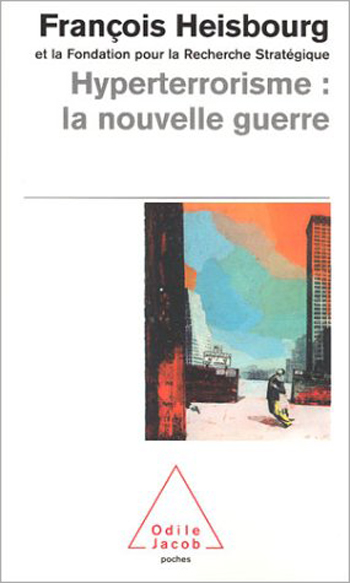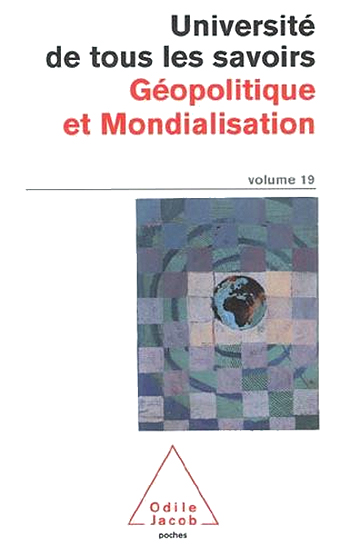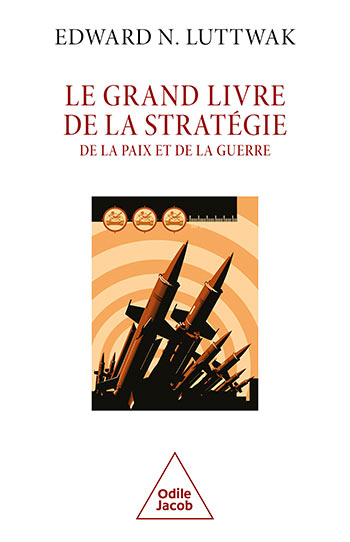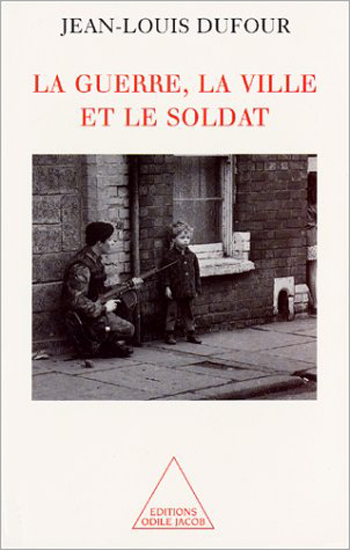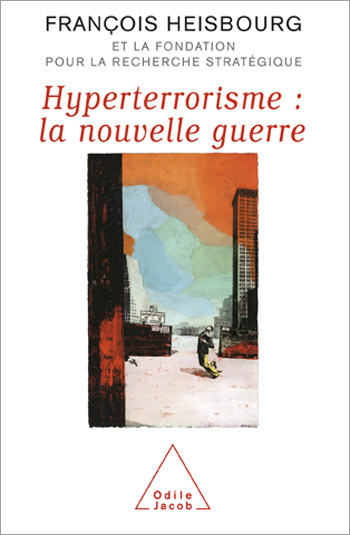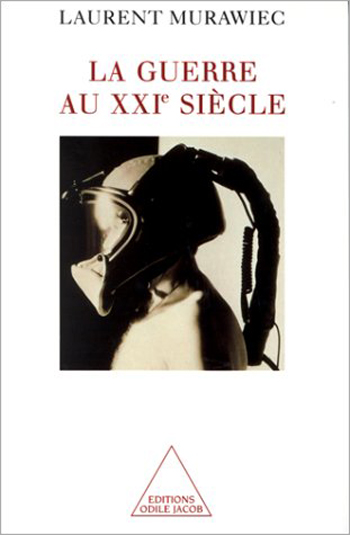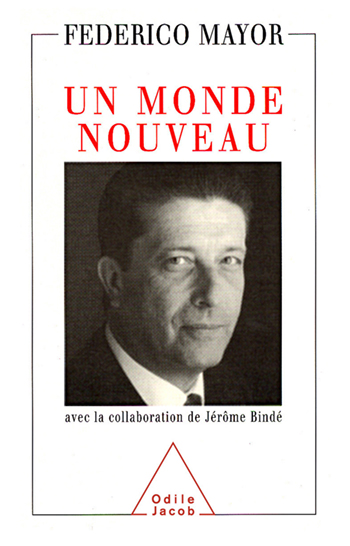Geopolitics and Strategy All books
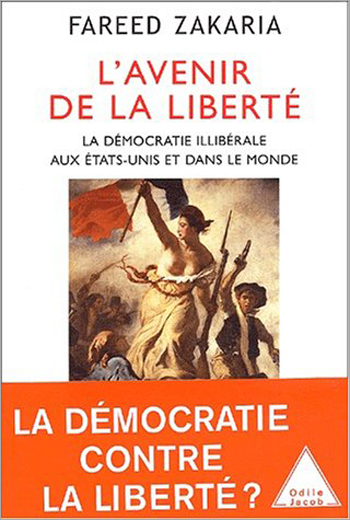
Fareed Zakaria
The Future of Freedom
Is it really so that more democracy leads automatically to more freedom ? Why, in the four corners of the world, are we now seeing an increased capacity for religion to mobilise the people ? Why, in Europe as in the United States, do we have minorities and oligarchies reigning in the name of the people ? Why has there been an increase in the number of regimes which are born from the polling booth, yet which exalt fanaticism, repression and war ? A dazzling world tour of the geo-political horizon, and also a lesson in modern and contemporary history, which we lead us to reexamine our own prejudices. Fareed Zakaria is the editor of Newsweek International and was formerly the managing director of the review Foreign Affairs.
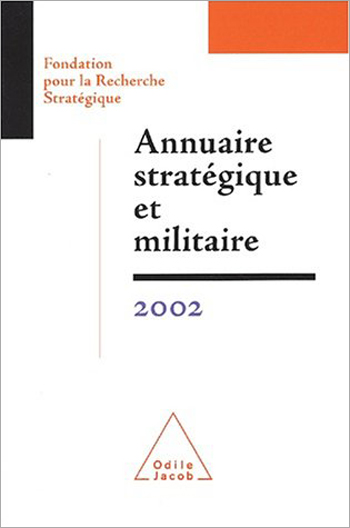
Fondation pour la Recherche Stratégique, François Heisbourg
Strategic and Military Yearbook 2002
This book provides an up-to-date overview of the major trends and strategic challenges facing the world today. Experts in their field offer concise as well as detailed analyses most notably on the following subjects: - the expansion of U.S. military power compared with the stagnation of European defence - military aspects of operations in Afghanistan - terrorist networks - the proliferation of weapons - defence measures against attacks with biological weapons - security and defence agreements in Asia - the strategic outlook for Europe - financing research; the strategy of European co-operation - overhauling the French armed forces - the French military and the challenge of non-conventional threats These studies are complemented by thorough statistical and analytical data on French defence, on the military budgets of France and other nations, and on international treaties and agreements.
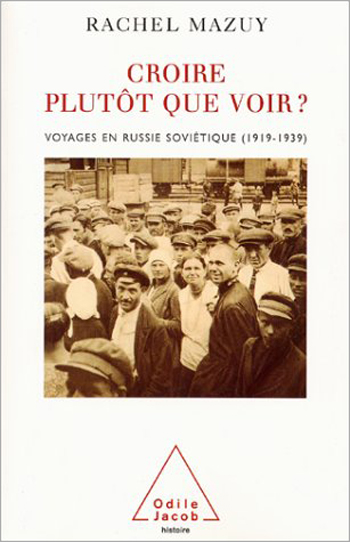
Rachel Mazuy
Believing Rather Than Seeing ? Travels in Soviet Russia (1919-1939)
The Russian Revolution provided the working-class movement with a concrete model of socialism. For French militants, as well as for many members of the cultural and political elite, the Soviet Union became the goal of a secular pilgrimage (or an anti-pilgrimage). This book tells the story of those travellers. Who went on such trips? How and why? To what extent did the trip influence their political and social development? Rachel Mazuy is a lecturer at the Institut dEtudes Politiques, in Paris, and teaches at the Lycée Honoré Balzac, Paris.
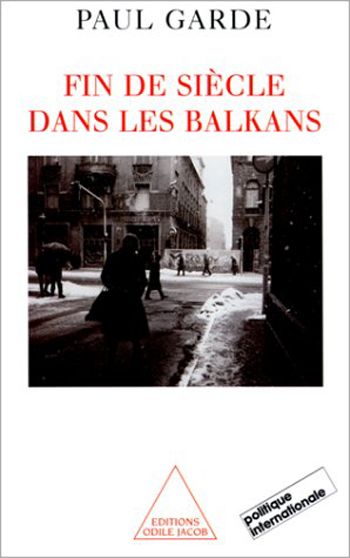
Paul Garde
The End of the Century in the Balkans
Fortunately, the situation is less tragic in 2000 than it was in 1992. There is no more fighting. And yet, none of the problems have been resolved and several conflicts remain pending. In two regions, Bosnia and Kosovo, peace is maintained thanks to a powerful international presence; hundreds of thousands of refugees have no hope of returning to their homes; most of the main criminals of war are still at large; and intolerance and poverty are widespread. It is thus necessary to make a correct diagnosis of the problems of the region, where surprises are always possible. I would be happy if this book could help contribute toward this. Paul Garde Paul Garde is a former professor of Slavic languages and literature at the University of Provence, France.
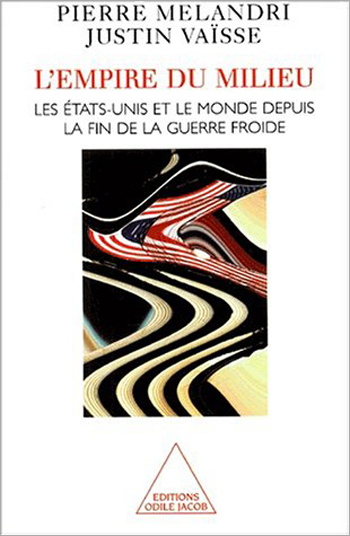
Pierre Mélandri, Justin Vaïsse
The Middle Kingdom The United States and the World Since the End of the Cold War
"No one would deny the central role played by the U.S. More than any other nation, it has shaped the world we live in and will continue to do so for several years to come. For this reason, it is essential to judge its actions abroad in a manner that is as free of clichés as it can. Our goal was to present the reader with as complete a picture as possible of U.S. presence in the world, without neglecting any episode or omitting any angle that could be insightful." Pierre Mélandri and Justin Vaïsse Justin Vaïse is a historian. Pierre Mélandri teaches at the University of Paris III-Sorbonne Nouvelle.
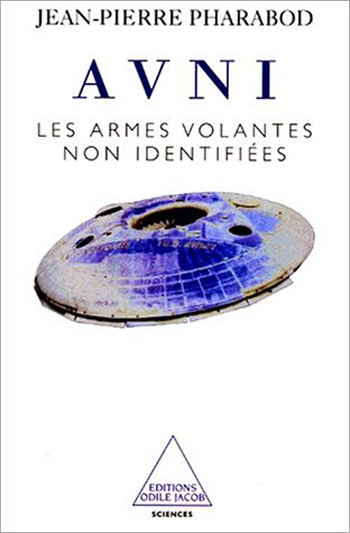
Jean-Pierre Pharabod
UFWs Unidentified Flying Weapons
Most reported sightings of UFOs turn out to be errors, optical illusions, hallucinations, and even practical jokes. But five per cent of all reported cases are more difficult to dismiss. According to the author, the unidentified objects may be clandestine terrestrial aircraft prototypes or secret weapons launched by the major industrialised nations, particularly the United States. Should the mysterious sightings be attributed to UFOs or to UFWs (Unidentified Flying Weapons)?
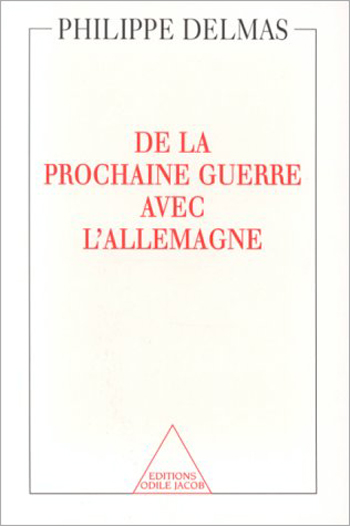
Philippe Delmas
Of the Next War With Germany
France and Germany are geographically close and yet so different. In this study of the two countries, the author examines French attitudes toward Germany, and wonders whether France will finally be able to rid itself of its traditional fears of its neighbour. Trapped by their anxieties and suspicions, torn apart by internal doubts, will France and Germany cease working hand-in-hand as they did during the Cold War and confront each other as opponents once again? Or will they seize the opportunity offered by European unification and finally learn to understand one another? This book provides the reader with athorough examination of the dilemmas facing both France and Germany.
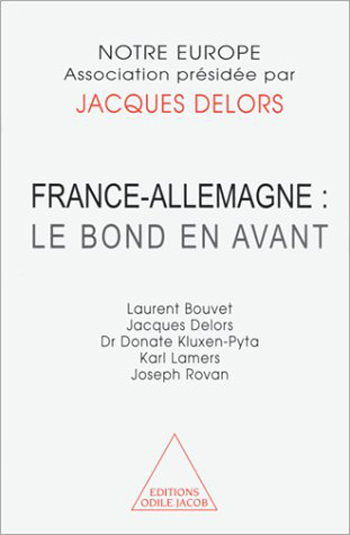
Jacques Delors
France and Germany - the Leap Forward
"During the past fifty years, the Franco-German ship has been shaken by numerous storms--although they never seriously halted her forward movement. In our opinion, strengthening the friendship between our two countries and working towards European political union will not lead to the loss of our French and German identities, nor will it dampen their vitality, for there can be no great design unless our national communities are fully alive and strengthened by a sense of social and citizens' cohesion." Jacques Delors
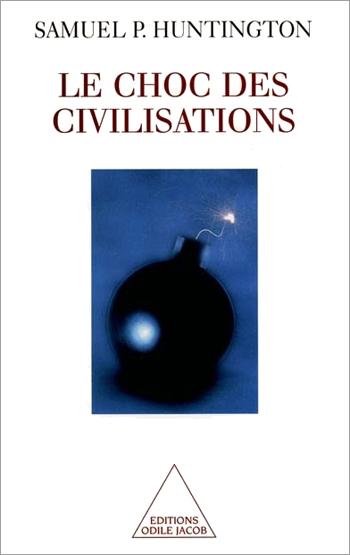
Samuel P. Huntington
The Clash of Civilisations
This is the book to read to understand the contemporary world and the real threats that are arising.

